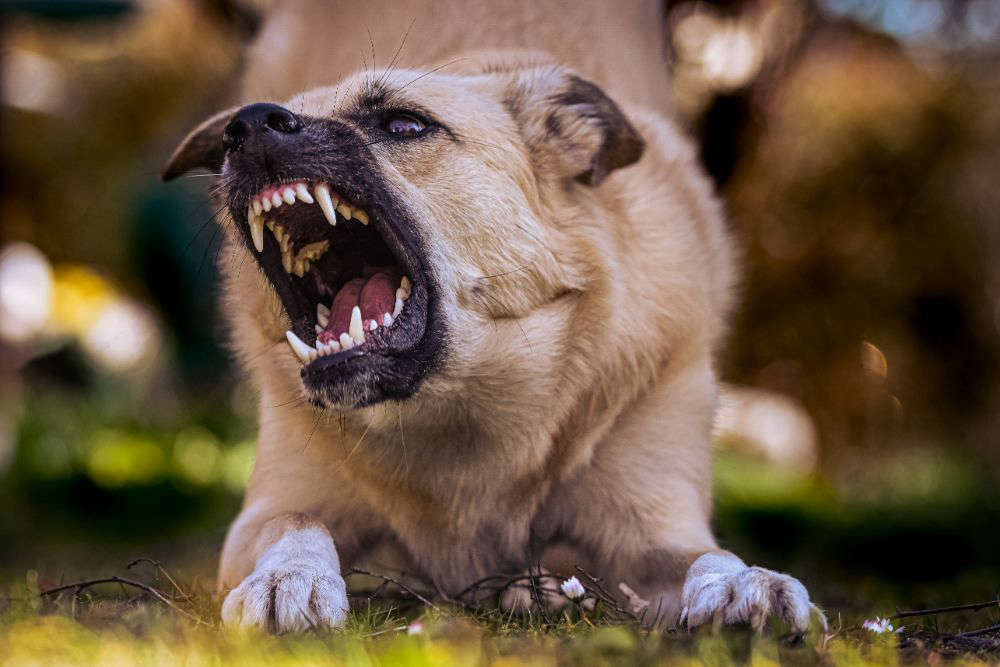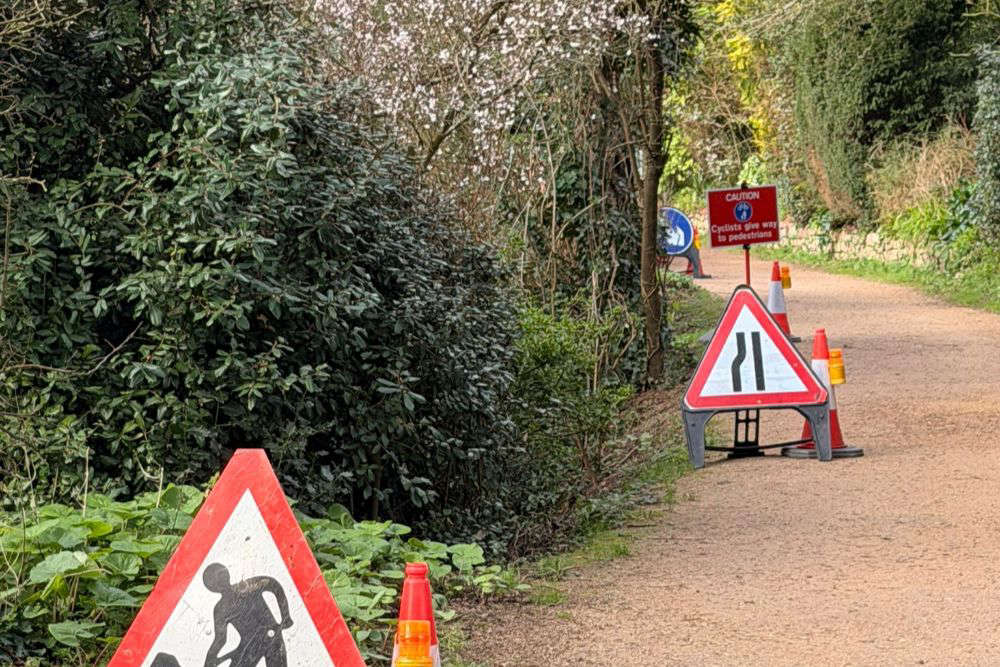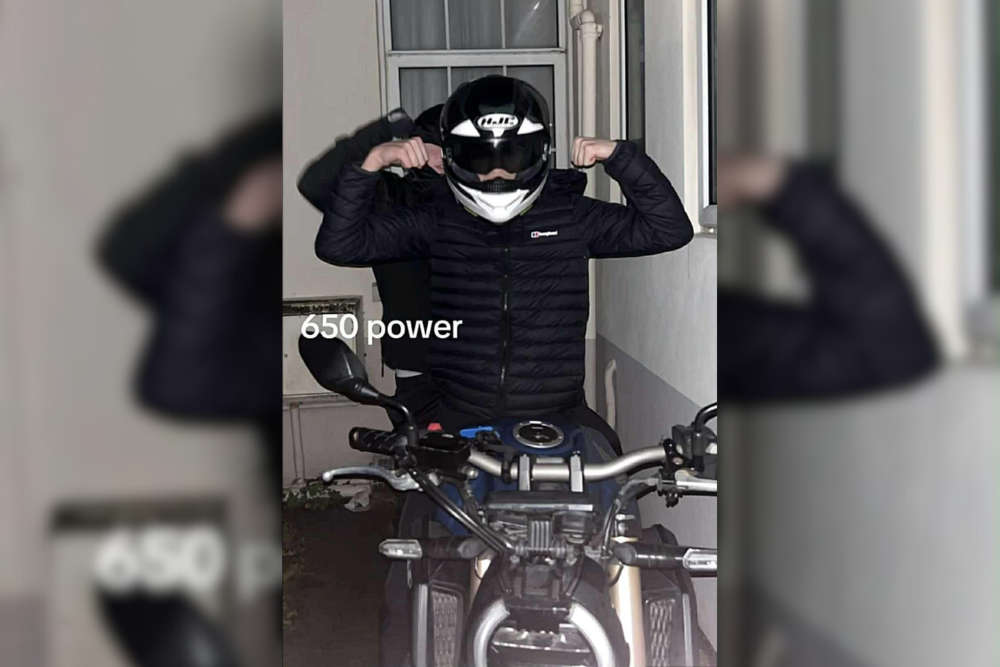
Owners of 'dangerous dogs' could be subject to stricter controls on their pets under proposed changes to Jersey law.
The Constables Committee is bring amendments to the Dogs (Jersey) Act that include a new registration scheme for certain breeds and characteristics.
Currently, dogs such as the XL bully, dogo Argentino, Japanese tosa, fila Brasileiro (a.k.a Brazilian mastiff) and pit bull terrier need licenses to enter and leave the island.
Dogs with the characteristics or measurements of a 'dangerous dog' may also need to follow States Veterinary Officer (SVO) guidance whilst they are being considered.
This can include the cane corso, American Staffordshire bull terrier and the American bully.
 Brazillian Mastiff - Credit: Sky News
Brazillian Mastiff - Credit: Sky News
There are currently fewer than five dogs in the island that meet this criteria.
However, there is no way of controlling how their owners look after them.
The new register would list where the dogs are being kept in the island by address and requires islanders to let the SVO know if the address changes.
It will ensure the premises is secure so that the dog cannot escape from where it is being kept.
If the amendment is passed by the States Assembly this autumn, 'dangerous dogs' will also have to be neutered, and owners cannot abandon, give away, sell or 'transfer' the dog to another person.
When in public, the dog must be muzzled and on a lead, and under the control of someone over the age of 18.
Owners will also have to ensure they have third-party insurance, which covers the injury of others, in the event the dog attacks.

If a dog considered to be dangerous is not registered with the SVO and complying with the new conditions, a parish constable can refuse a dog licence.
Constable Mike Jackson, Chair of the Constables Committee, explained to Channel 103 that this could mean the dog is put down.
"Depending on the type of dog, I think the officer would take a view, but the Magistrate would decide the fate of the dog.
"I would be the last person to wish a dog to be put down for any reason, but if it is dangerous and a danger to the public, that would be a consideration, along with other evidence the Magistrate would have to have in front of them before making any decision."


 'Momentous' week in Jersey's States
'Momentous' week in Jersey's States
 Plans to charge wealthiest patients for medical travel
Plans to charge wealthiest patients for medical travel
 Railway Walk reopens 'several weeks' ahead of schedule
Railway Walk reopens 'several weeks' ahead of schedule
 New bar opening at former Rojo and X site to evolve Jersey's nightlife
New bar opening at former Rojo and X site to evolve Jersey's nightlife
 Former Chief Minister seeks re-election
Former Chief Minister seeks re-election
 Château Vermont to become home to new music campus
Château Vermont to become home to new music campus
 St Saviour break and entry suspect pictured posing on motorbike
St Saviour break and entry suspect pictured posing on motorbike
 'Overstretched' neurology department following under-experienced managers
'Overstretched' neurology department following under-experienced managers

